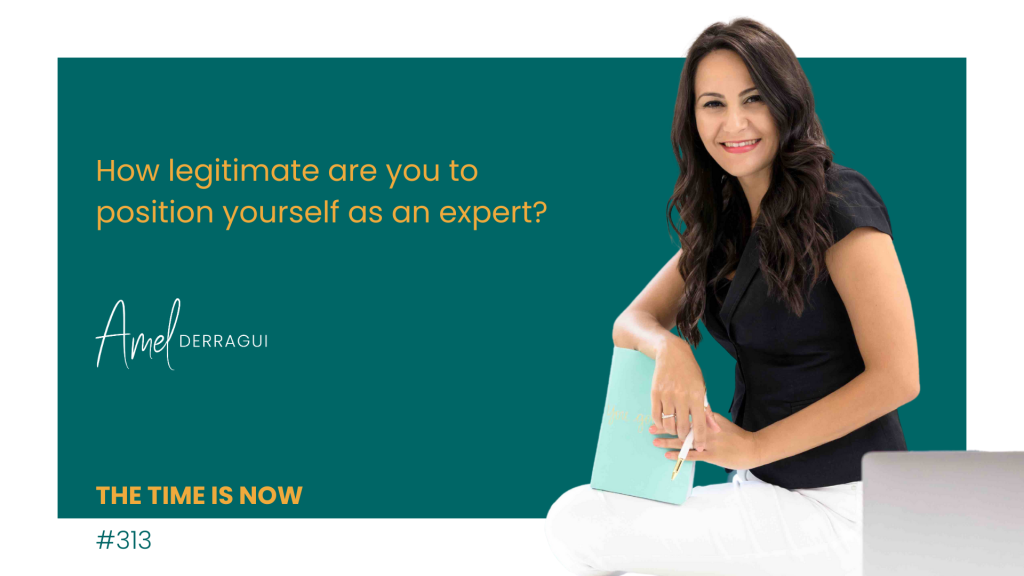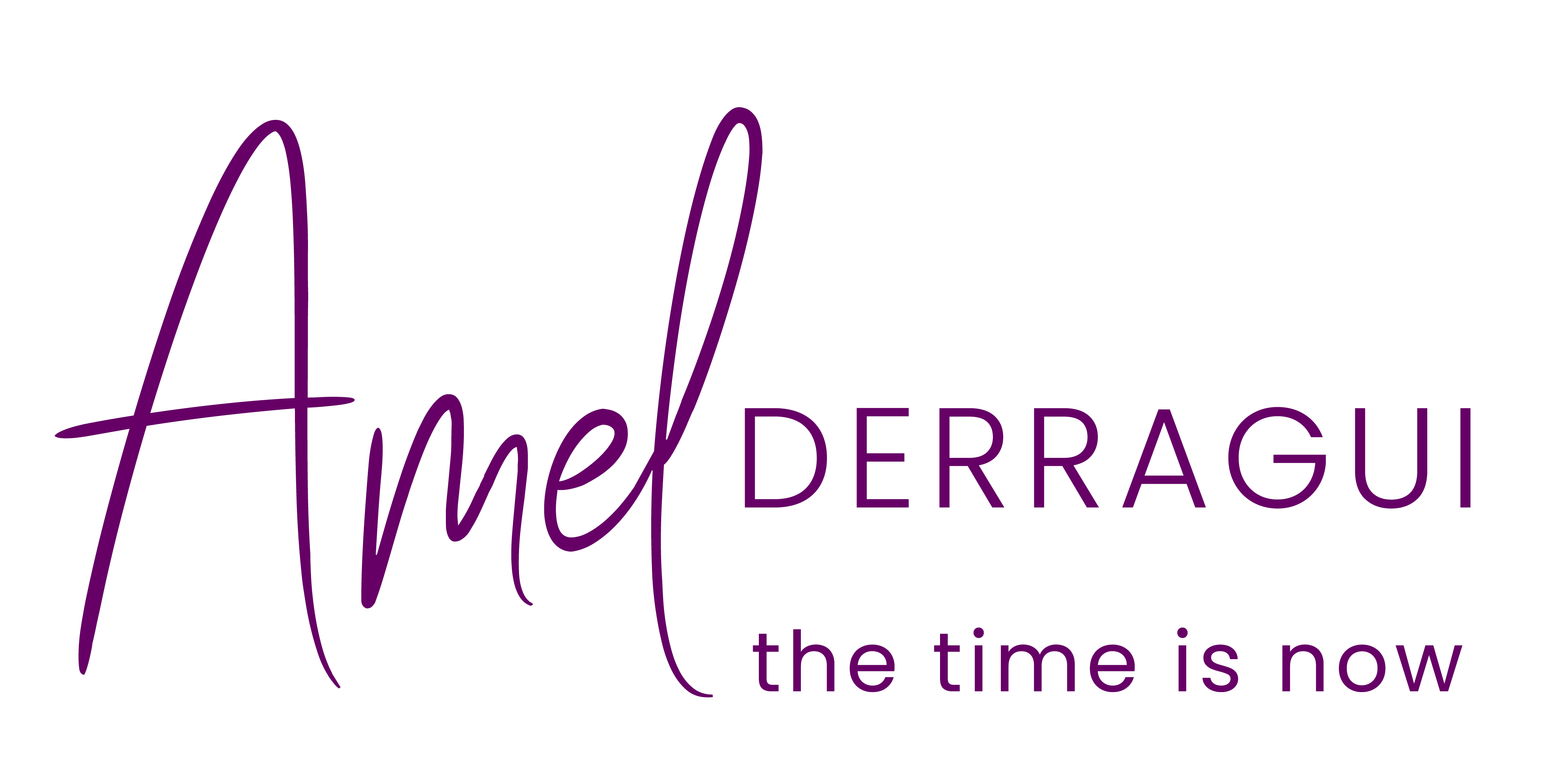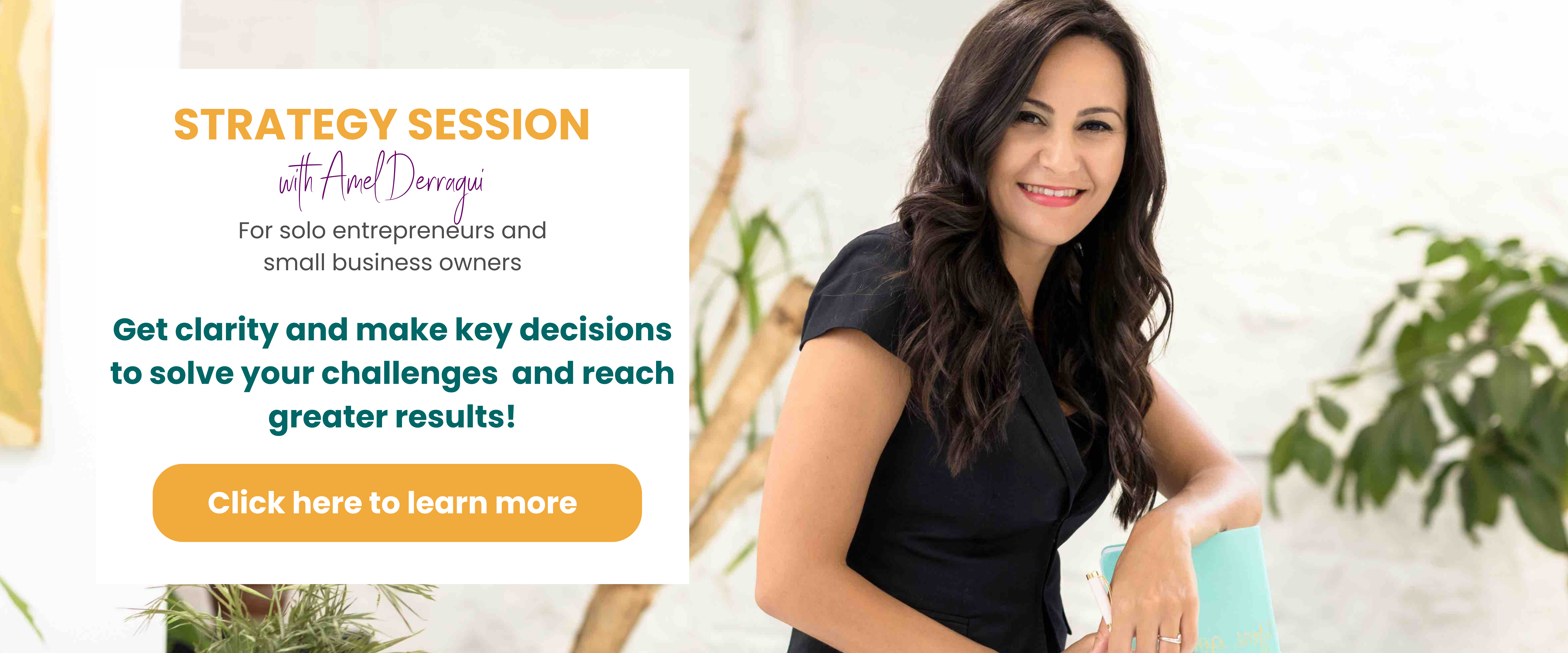How legitimate are you to position yourself as an expert?

Listen on your podcast app:
Written Summary Of This Episode:
- Click here to find the blog article (Find full transcript below)
Resources Of This Episode:
- Interested in my support to position yourself as the go-to expert and grow your visibility? Schedule a strategy session here.
Positioning yourself as the go-to expert in your field is key to attracting more of your ideal high-value clients, requesting the rates and fees you deserve, elevating your credibility and influence, and making a bigger difference through your work.
However, like many consultants, coaches, and service providers, you might experience feeling like a fraud or an impostor when trying to market yourself as an expert in your field.
Have you ever heard that nagging voice in your head saying, “But there’s so much I still don’t know! Who am I to call myself an expert?”
Positioning yourself as the go-to expert does not mean that you know it all!
In this episode, I’m going to break down exactly what qualifies as true expertise, debunk some myths and limiting beliefs that will stop you from positioning yourself effectively in your industry, and give you a four-step process to own your authority in an authentic way and with unshakable confidence.
What you will learn:
- How to reframe the definition of “expert” and address the limiting believes that stop you from positioning yourself as the go-to expert in your field
- How to identify the signs and the areas that will allow you to claim your authority in an authentic way
- What strategies to implement to hone into your unique positioning and attract your ideal clients
Other resources and inspiration:
- Article about imposter phenomenon in high achieving women
- Blog about dealing with Impostor Syndrome
- Past episodes:
- Blog post: How to set yourself up as the go-to expert in your field
Enjoyed this episode? Please leave a review
Please leave a review or a comment to help me reach more people who need to hear this. Choose your favorite podcast app:

